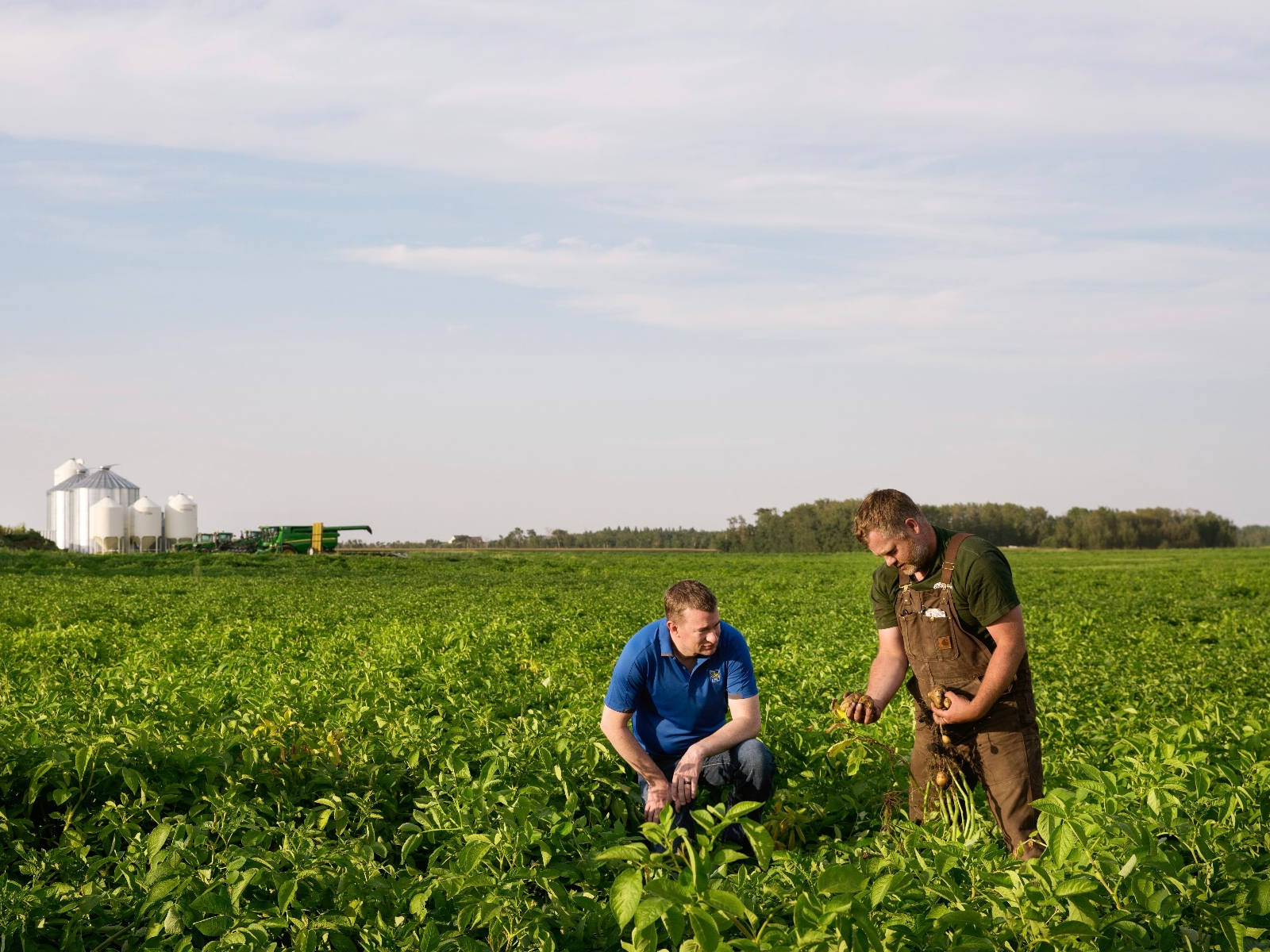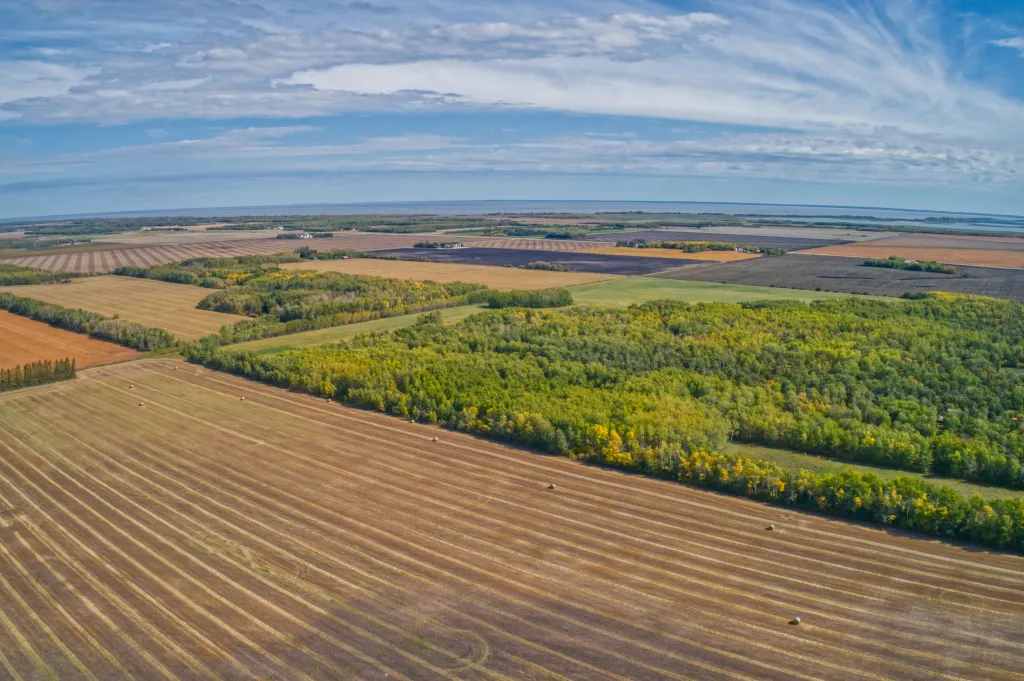Thriving in the agricultural industry today demands a comprehensive education that includes farming, business, and lifelong learning.
Choosing a career path, zeroing in on what skills you need, and deciding what degree or diploma to get can feel overwhelming, especially in an agricultural sector that’s both growing and changing rapidly.
To learn what skills are needed in today’s farming and agricultural industries, the host of the Mind Your Farm Business podcast, Shaun Haney, sat down with the Dean of the University of Guelph’s Ontario Agriculture College, John Cranfield to hear why thinking broadly about your interests leaves the door open to many opportunities.
From farm management to agribusiness
To hone in on what skills or courses are suited for success in today’s ag industry, Cranfield suggests reconsidering terms like farm management. “The nature of what happens on a farm has changed over time,” says Cranfield. Today’s version of a farm is really a “business that’s being run around agricultural production.”
“There’s no doubt about it,” says host Shaun Haney. “You could be running the family hardware store down the street in Guelph … dealing with the same things as somebody who’s out in Wellington County running a dairy farm.” Cranfield adds that even small, family-run farms face many business-related challenges, such as:
-
Creating a business plan and strategy
-
Managing human resources effectively
-
Managing their finances and risk
-
Farm succession planning
It’s not that there’s anything wrong with saying farm management, Cranfield says; however, a term like agribusiness management is now a better way of talking about the things farm managers deal with on a day-to-day basis.
What skills are needed to meet the needs of today’s ag industry?
As Cranfield points out throughout the episode, shifting realities in agribusiness are prompting many farm owners and managers to seek out skills (or experts with them) in fields like business management, human resource management and accounting. Additionally, many industry stakeholders are expressing an increased need for more professional and transferable skills — what people call soft skills.
Soft skills include:
-
Your presence in a meeting
-
Your overall sense of professionalism
-
The responsibility you develop over time
-
Your ability to respond on the fly
-
How you show up on the job
Using a ‘this and that’ approach to education and learning
Considering the needed skills, host Shaun Haney asks if more people need to go for a business, finance, or economics degree rather than a traditional agronomy degree. Yes and no, says Cranfield, making the case for what he calls a ‘this and that’ approach to learning.
Today’s employers seek someone who understands both the ag business but also the technical side. For example, maybe they took an agricultural degree but minored in business. Another option is what he refers to as gaining micro-credentials — minor certifications that give people the opportunity to stay current with technical issues and give them a chance to grow and develop professionally in the field.
Cranfield and Haney agree that curiosity is key to long-term success. Staying open-minded about your learning and broadening your scope may open more doors for you now and later.
To hear more about Cranfield’s ‘this and that’ approach and get his full take on challenges facing today’s farmers and agricultural educators, watch the full episode of Mind Your Farm Business here. (This podcast is only available in English but includes French captions).






